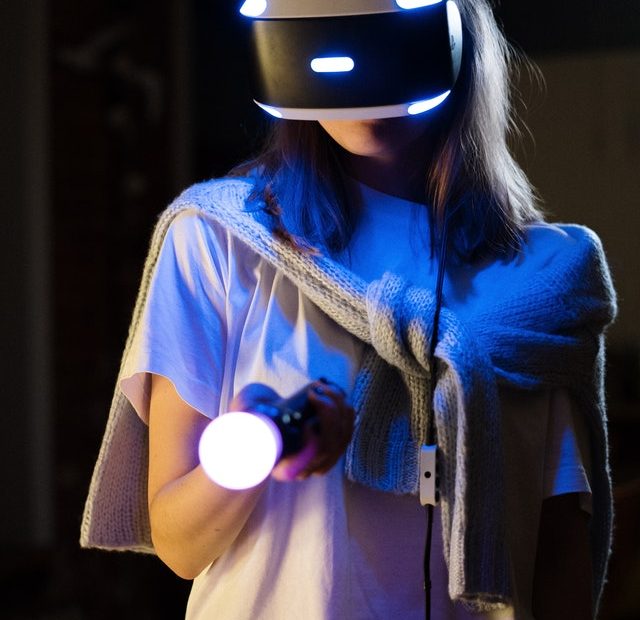Although Google Glass was a failure, the company has not abandoned the concept of smart glasses. It has not had much success with new designs on its own, so it has turned to acquiring start-ups to attract new talent and technology. Two years ago, it acquired AR glasses maker North and now Raxium, which develops microLED displays for AR and VR applications. The acquisition price is undisclosed, but has previously been reported to be worth around USD 1 billion.
microLED is similar to OLED in that it does not use backlighting and each pixel emits its own light. The difference from OLED is the materials used. microLED should be brighter, more energy efficient and solve durability problems (e.g. burn-in). However, making microLEDs small enough to be used in head-worn devices has been a challenge. In addition, they need to be small because a small, bright display must fill a significant part of the field of view. Raxium claims that it has managed to achieve a pixel size of 3.5 µm, much smaller than a typical OLED pixel.
"North had a product on the market - Focals 1.0, an AR glasses costing USD 600 (originally priced at USD 1000, but quickly reduced). After the acquisition, Google switched off the service on which the glasses depended, making them unusable. In any case, Google is in the race - Apple and Meta have also acquired startups in the AR glasses field. Smart glasses may replace smartphones as the way most consumers interact with the digital world, but none of them have yet caught on. Perhaps because the technology is not yet complete.

